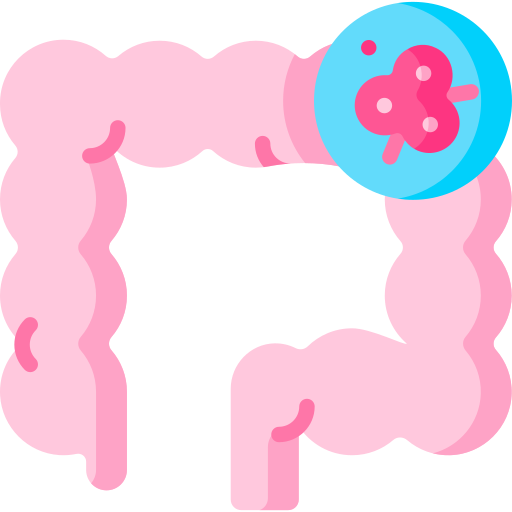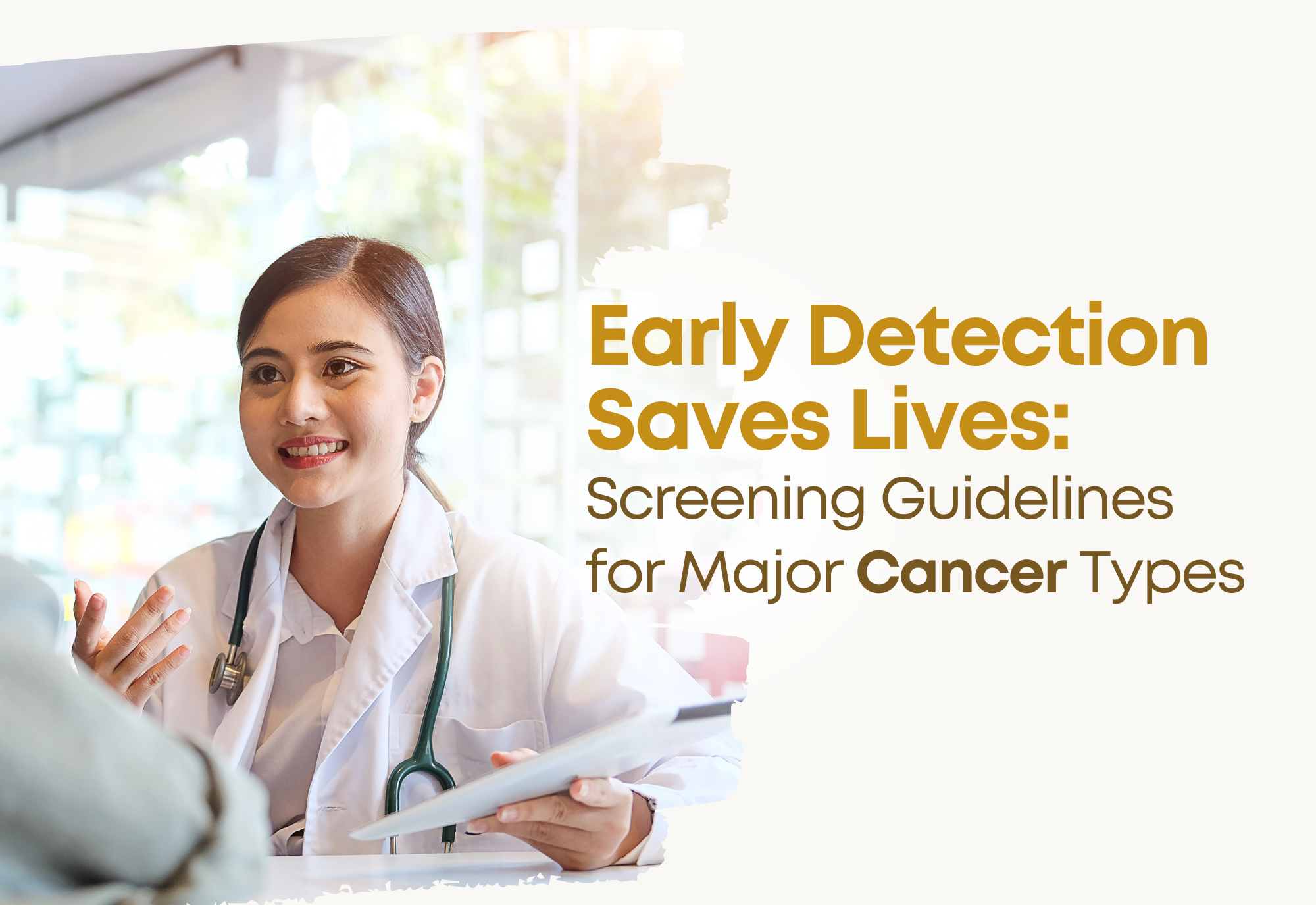When to Worry: Recognising the Red Flags of a Hernia
By
Dr Navin Mann,
Consultant General Surgeon
A hernia is defined as the protrusion of an organ, or part of an organ, outside the space it is normally contained in. This condition can occur when a weakness or defect in the structure typically confines the organ, such as the abdominal wall. Hernias can be either congenital (present from birth) congenital (present from birth) or acquired (developing later in life due to various factors).
Hernias often develop at weak points or defects in the abdominal wall. These weaknesses may develop because of factors such as ageing, injury, previous surgery, previous contralateral hernia surgery, male gender, obesity, chronic coughing, straining, or heavy lifting.

The commonly known “groin” hernia comprises inguinal hernia, femoral hernia, and other rarer forms such as obturator hernia. Inguinal hernias are more common in men and occur when tissue from the abdomen, such as part of the intestine, fat, or urinary bladder, protrudes through a weak spot in the inguinal canal. Femoral hernias are less common and tend to affect women more; the herniation occurs through the femoral ring and presents with a swelling near the femoral artery in the upper thigh. Abdominal wall hernias can occur on or around the umbilicus, at the site of a previous surgical incision, and even off the midline, as in the case of a Spigelian hernia.
A hiatal hernia, on the other hand, is another type of hernia that occurs when part of the stomach protrudes upward through a defect in the muscular diaphragm, the structure separating the chest cavity from the abdomen. This type of hernia is commonly associated with gastroesophageal reflux disease (GERD).
Common symptoms include a visible or palpable (physically felt) lump or bulge, which becomes more pronounced when standing, coughing, or straining. A hernia can be broadly classified as either uncomplicated, which simply means it does not cause any pain or symptoms, or complicated.
A complicated hernia refers to conditions such as irreducibility, a sense of heaviness or pain, obstruction, or strangulation. The hernia is said to be irreducible if it cannot be manually ‘pushed’ back into the defect it emerged from. A complicated hernia is a cause for concern, as if left untreated, it could lead to life-threatening complications.

If the hernia contains part of the intestine and becomes irreducible or ‘stuck’ outside, that segment of intestine could become obstructed, meaning there is a blockage in the passage of bowel content, or even strangulated, which means blood flow to that segment is interrupted. Both of these complications are potentially life-threatening and warrant urgent surgical intervention.
The red flags of a hernia to watch out for are:
- incarceration/irreducibility
- any degree of pain
- abdominal distension
- obstipation
- overlying skin changes
- vomiting
The aim of treating a hernia is to ensure it is repaired with minimal discomfort or pain, an early return to work, and prevention of future recurrence. The recurrence rate is around 1–2%, and we are proud to say our recurrence rates are even lower than that. In the absence of medical contraindications for surgery, all hernias should be repaired, as the potential complications are severe and significantly impair quality of life.
Studies have shown that about 70% of hernias initially managed expectantly eventually required surgery, some of them in an emergency setting due to complications. Emergency hernia surgery has been shown to carry higher complication, recurrence, and even mortality rates. For these reasons, it is vital that a hernia is repaired early, before complications occur.
We perform most, if not all, of our hernia surgeries laparoscopically, using only tiny ‘keyhole’ incisions. This approach offers significant advantages over traditional open surgery, including minimal scarring, reduced risk of infection, and little to no post-operative pain. Most patients can return home the same day, making this a true day-care procedure.
In conclusion, a hernia is a common medical condition that can lead to serious complications if left untreated. If you suspect a hernia, consult our laparoscopic surgeons to discuss the most appropriate management plan. Early diagnosis and treatment are key to avoiding complications and ensuring a good quality of life.
 The commonly known “groin” hernia comprises inguinal hernia, femoral hernia, and other rarer forms such as obturator hernia. Inguinal hernias are more common in men and occur when tissue from the abdomen, such as part of the intestine, fat, or urinary bladder, protrudes through a weak spot in the inguinal canal. Femoral hernias are less common and tend to affect women more; the herniation occurs through the femoral ring and presents with a swelling near the femoral artery in the upper thigh. Abdominal wall hernias can occur on or around the umbilicus, at the site of a previous surgical incision, and even off the midline, as in the case of a Spigelian hernia.
A hiatal hernia, on the other hand, is another type of hernia that occurs when part of the stomach protrudes upward through a defect in the muscular diaphragm, the structure separating the chest cavity from the abdomen. This type of hernia is commonly associated with gastroesophageal reflux disease (GERD).
Common symptoms include a visible or palpable (physically felt) lump or bulge, which becomes more pronounced when standing, coughing, or straining. A hernia can be broadly classified as either uncomplicated, which simply means it does not cause any pain or symptoms, or complicated.
A complicated hernia refers to conditions such as irreducibility, a sense of heaviness or pain, obstruction, or strangulation. The hernia is said to be irreducible if it cannot be manually ‘pushed’ back into the defect it emerged from. A complicated hernia is a cause for concern, as if left untreated, it could lead to life-threatening complications.
The commonly known “groin” hernia comprises inguinal hernia, femoral hernia, and other rarer forms such as obturator hernia. Inguinal hernias are more common in men and occur when tissue from the abdomen, such as part of the intestine, fat, or urinary bladder, protrudes through a weak spot in the inguinal canal. Femoral hernias are less common and tend to affect women more; the herniation occurs through the femoral ring and presents with a swelling near the femoral artery in the upper thigh. Abdominal wall hernias can occur on or around the umbilicus, at the site of a previous surgical incision, and even off the midline, as in the case of a Spigelian hernia.
A hiatal hernia, on the other hand, is another type of hernia that occurs when part of the stomach protrudes upward through a defect in the muscular diaphragm, the structure separating the chest cavity from the abdomen. This type of hernia is commonly associated with gastroesophageal reflux disease (GERD).
Common symptoms include a visible or palpable (physically felt) lump or bulge, which becomes more pronounced when standing, coughing, or straining. A hernia can be broadly classified as either uncomplicated, which simply means it does not cause any pain or symptoms, or complicated.
A complicated hernia refers to conditions such as irreducibility, a sense of heaviness or pain, obstruction, or strangulation. The hernia is said to be irreducible if it cannot be manually ‘pushed’ back into the defect it emerged from. A complicated hernia is a cause for concern, as if left untreated, it could lead to life-threatening complications.
 If the hernia contains part of the intestine and becomes irreducible or ‘stuck’ outside, that segment of intestine could become obstructed, meaning there is a blockage in the passage of bowel content, or even strangulated, which means blood flow to that segment is interrupted. Both of these complications are potentially life-threatening and warrant urgent surgical intervention.
The red flags of a hernia to watch out for are:
If the hernia contains part of the intestine and becomes irreducible or ‘stuck’ outside, that segment of intestine could become obstructed, meaning there is a blockage in the passage of bowel content, or even strangulated, which means blood flow to that segment is interrupted. Both of these complications are potentially life-threatening and warrant urgent surgical intervention.
The red flags of a hernia to watch out for are:














